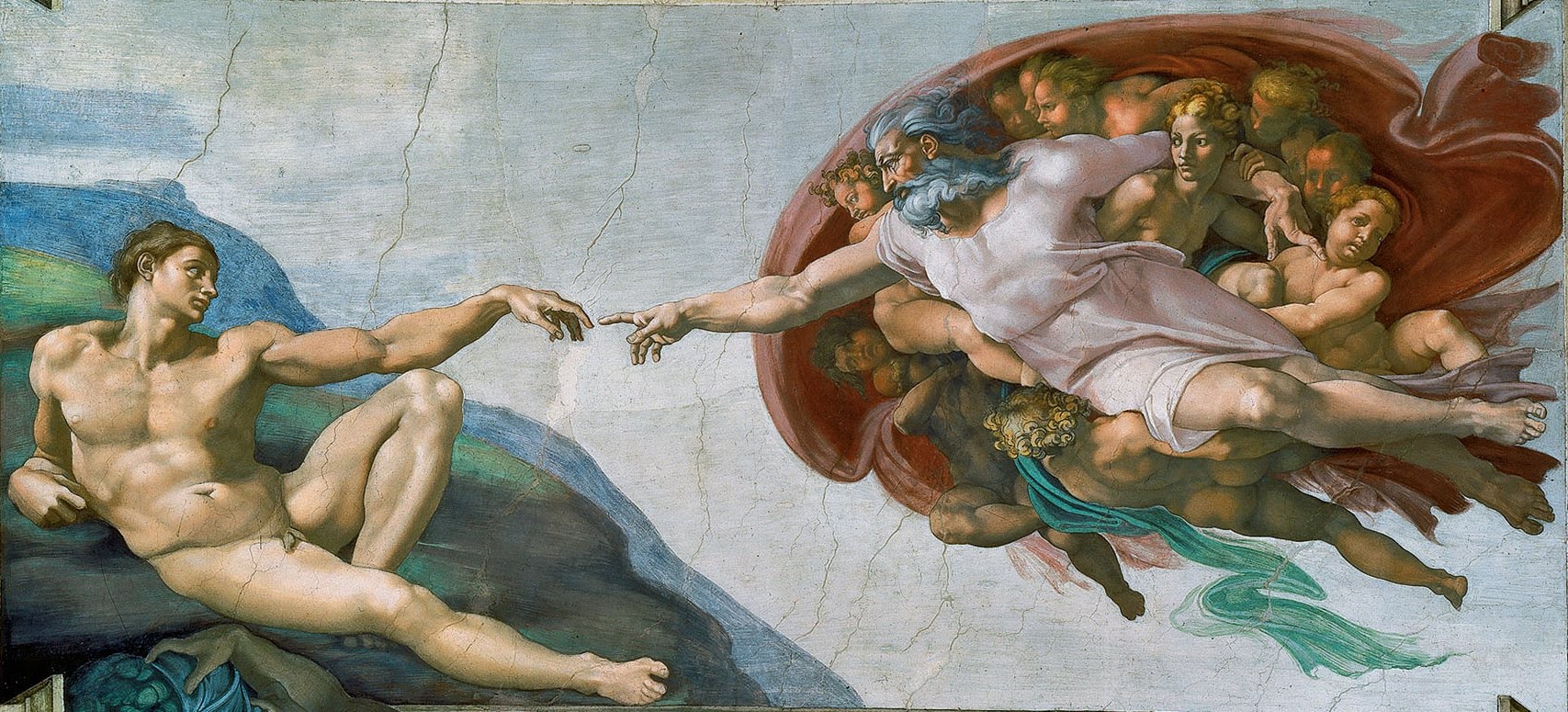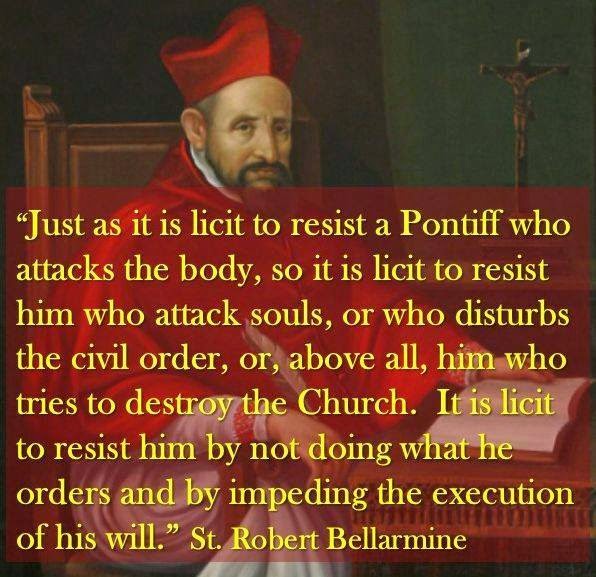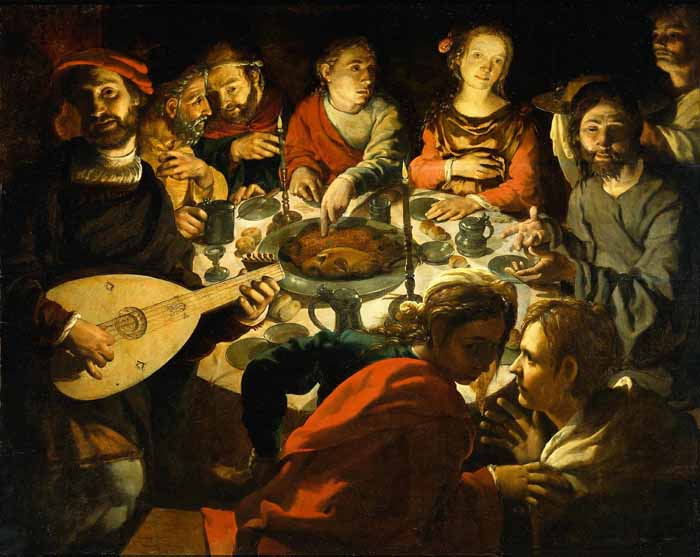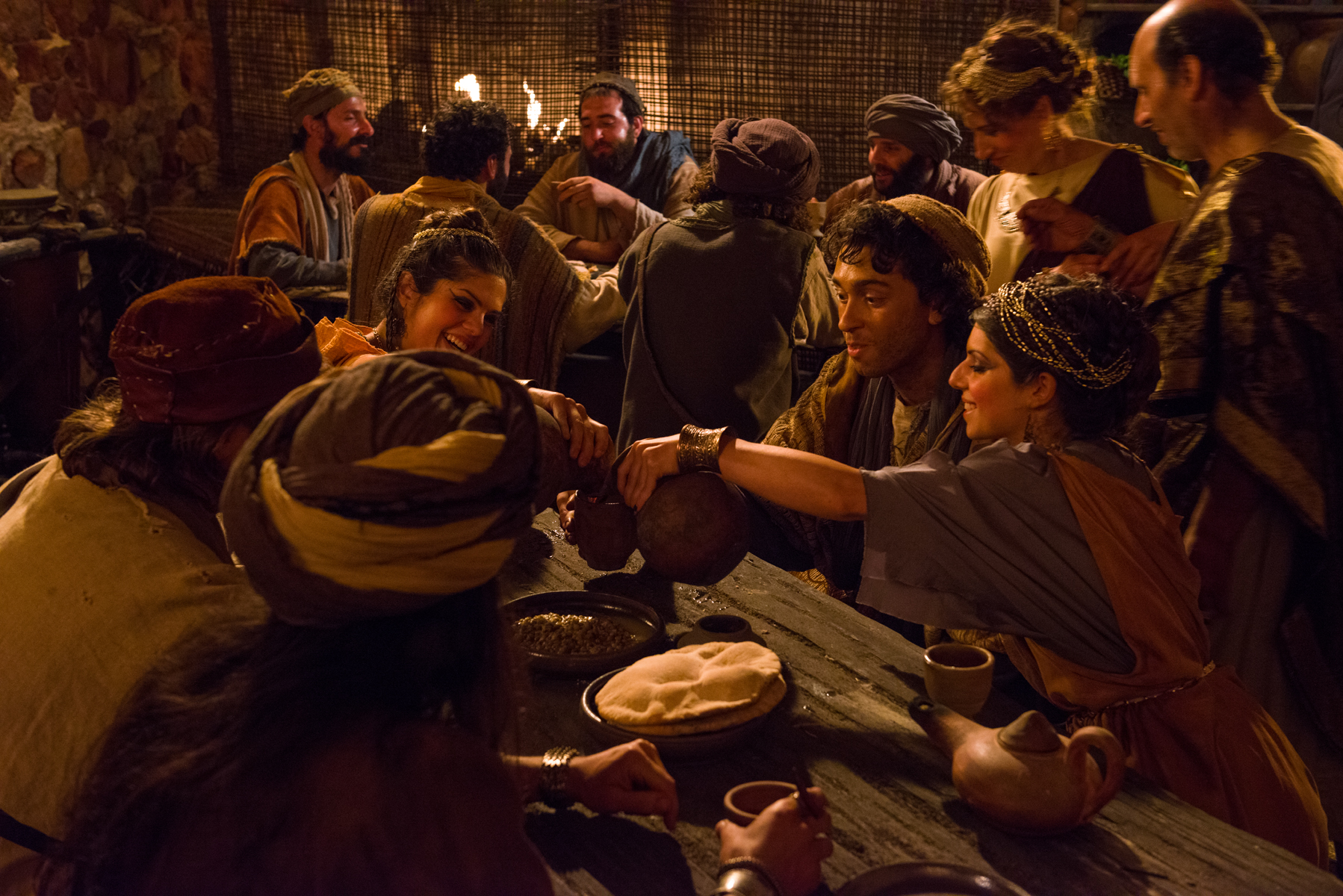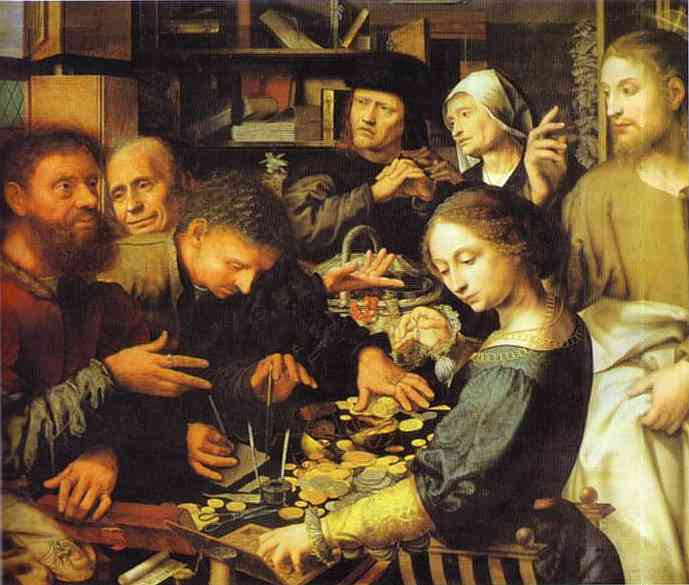-by Rev Gabriel of St Mary Magdalen, OCD, Divine Intimacy, Baronius Press, (c) 1964
Presence of God— O Lord, with Mary of Bethany I wish to pay my humble, devout homage to Your sacred Body before it is disfigured by the Passion.
MEDITATION
The Gospel for today (John 12:1-9) tells us of this impressive scene: “Jesus therefore, six days before the Pasch, came to Bethany … and they made Him a supper there; and, Martha served…. for post on The Supper at BethanyMary, therefore, took a pound of ointment of right spikenard, of great price, and anointed the feet of Jesus, and wiped His feet with her hair.” Martha, as usual, was busy about many things. Mary, however, paid attention only to Jesus; to show respect to Him, it did not seem extravagant to her to pour over Him a whole vase of precious perfume. Some of those present murmured, “Why this waste? Could not the ointment have been sold … and the price given to the poor?” And they murmured against her (cf. Mark 14:4,5). Mary said nothing and made no excuses; completely absorbed in her adored Master, she continued her work of devotion and love.
Mary is the symbol of the soul in love with God, the soul who gives herself exclusively to Him, consuming for Him all that she is and all that she has. She is the symbol of those souls who give up, in whole or in part, exterior activity, in order to consecrate themselves more fully to the immediate service of God and to devote themselves to a life of more intimate union with Him. This total consecration to the Lord is deemed wasteful by those who fail to understand it–although the same offering, if otherwise employed, would cause no complaint. If everything we are and have is His gift, can it be a waste to sacrifice it in His honor and, by so acting, to repair for the indifference of countless souls who seldom, if ever, think of Him?
Money, time, strength, and even human lives spent in the immediate service of the Lord, far from being wasted, reach therein the perfection of their being. Moreover, by this consecration, they conform to the proper scale of values. Giving alms to the poor is a duty, but the worship and love of God is a higher obligation. If urgent works of charity sometimes require us to leave His service for that of our neighbor, no change in the hierarchy of importance is thereby implied. God must always have the first place.
Jesus Himself then comes to Mary’s defense: “Let her be, that she may keep this perfume against the day of My burial.” In the name of all those who love, Mary gave the sacred Body of Jesus, before it was disfigured by the Passion, the ultimate homage of an ardent love and devotion.
COLLOQUY
Here are two paths, Lord, as diametrically opposed as possible: one of fidelity and one of betrayal, the loving fidelity of Mary of Bethany, the horrible treachery of Judas. O Lord, how I should like to offer You a heart like Mary’s! How I should like to see the traitor in me entirely dead and destroyed!
But You tell me: “Watch ye, and pray that you enter not into temptation!” (Mark 14:38). Oh! how necessary it is for me to watch and pray, so that the enemy will not come to sow the poisonous germs of treason in my heart! May I be faithful to You, Lord, faithful at any cost, in big things as well as in small, so that the foxes of little attachments will never succeed in invading and destroying the vineyard of my heart!
“Lord Jesus, when I meditate on Your Passion, the first thing that strikes me is the perfidy of the traitor. He was so full of the venom of bad faith that he actually betrayed You–You, his Master and Lord. He was inflamed with such cupidity that he sold his God for money, and in exchange for a few vile coins delivered up Your precious Blood. His ingratitude went so far that he persecuted even to death Him who had raised him to the height of the apostolate…. O Jesus, how great was Your goodness toward this hard-hearted disciple! Although his wickedness was so great, I am much more impressed by Your gentleness and meekness, O Lamb of God! You have given me this meekness as a model. Behold, O Lord, the man whom You allowed to share Your most special confidences, the man who seemed to be so united to You, Your Apostle, Your friend, the man who ate Your bread, and who, at the Last Supper, tasted with You the sweet cup, and this man committed this monstrous crime against You, his Master! But, in spite of all this at the time of betrayal, You, O meek Lamb, did not refuse the kiss of that mouth so full of malice. You gave him everything, even as You gave to the other Apostles, in order not to deprive him of anything that might melt the hardness of his evil heart” (cf. St. Bonaventure).
O Jesus, by the atrocious suffering inflicted on Your heart by that infamous treachery, grant me, I beg of You, the grace of a fidelity that is total, loving, and devoted.”
Love,
Matthew



